It's been now over a month since Amazon's surprise decision to nix plans for its HQ2 in Long Island City, Queens. Following vehement opposition from local activists and several politicians, fallout from the split still lingers -- especially about who's to blame for the deal's collapse. On Monday, a new poll conducted by Sienna College shows that 67 percent of New York voters said the pullout was bad for the state, compared to 21 percent who felt it was a positive development, Spectrum News reported. As for who was the hero or villain in the matter, 38 percent of those polled characterized Congresswoman Alexandria Ocasio-Cortez as the villain, while 12 percent saw her as hero. Local activists came in second as the villains at 34 percent.
Now that the deal is canceled (unless Amazon does a complete about-face and reconsiders), some real estate brokers see a silver lining from the drama.
“I was excited about the exposure that it brought to Long Island City, which is priceless,” says Rick Rosa, a broker for Douglas Elliman, who has worked the Long Island City market for 15 years in addition to being a longtime resident of the neighborhood. ”It would have been great had they stayed, because it would've helped Long Island City for generations to come. But nonetheless, it brought Long Island City on a national scale.”
Eric Benaim, another Long Island City resident and CEO of brokerage Modern Spaces, shares a similar sentiment. “We were obviously in the eye of the world,” he says. “Everybody was talking about Amazon. Because of that, anybody who was interested in real estate was going to have to look at Long Island City. People who were looking everywhere in New York City were suddenly focusing on Long Island City.”
When Amazon announced it was coming to LIC late last year, the move was generally viewed by real estate brokers as a boost for their business. According to StreetEasy, after the news of Amazon's arrival was confirmed, there was reportedly a 519 percent increase in search traffic for Long Island City from November 12 to 14. Benaim and Rosa themselves experienced real estate activity around this period.
“We probably went from an average of 10 units a week,” Benaim says of the properties he's represented, “to doing an average of 100 [for the first three weeks after the announcement], so it was about a 10 times increase in traffic. Then after New Year's, it went back to normal.
“We had a 70 percent market share here of the listings,” he continues, “We've had brokers from Long Island, Westchester, New Jersey, everywhere, bringing their clients over here because their clients had read about Amazon coming and wanted to see what this neighborhood was about. So that in a sense increased traffic. We also noticed that as soon as the press [coverage] stopped, the traffic started getting back to normal.”
“It just created a sense of urgency and it brought a lot more buyers coming to the Long Island City market in a short amount of time. We definitely saw a lot of people who would've never thought about buying over here to purchase,” adds Rosa.
The deal prompted concerns about rampant gentrification and rising home prices and rents in addition to the $3 billion offered to the company in tax breaks. However, Rosa counters that pricing did not go up because of Amazon. “It doesn't happen that quickly,” he explains. “But what did go up was demand. Inevitably, high demand then leads to increased pricing. We were still in the high-demand phase. It would've been realistic if pricing would have gone up, especially for brick and mortar. Yes, we would've been on that road.”
“Rent and prices have been going up steadily, probably for the last 6-7 years,” Benaim adds. “So gentrification happened here 15 years ago. It's the circle of life. A lot of the development in Long Island City, depending on the year it was built, anywhere from 20 to 30 percent are designated for affordable, which means you can’t raise rents.”
After the deal's cancellation on February 14, Benaim was among several business people and politicians who signed an open letter to Amazon CEO Jeff Bezos, asking him to reconsider the pullout that promised the creation of 25,000 jobs. Benaim has also been critical of local officials such as Ocasio-Cortez, State Senator Michael Gianaris, and City Councilman Jimmy Van Bramer who opposed the deal. “How do they go and campaign now and say, 'I'm responsible for killing the largest job creation opportunity in New York history?'" he asks. “How can you campaign on that? You can’t.”
Meanwhile, Rosa says that the pullout also hurts the local business owners in the neighborhood. “Long Island City people live here, but they don't necessarily hang out here. They go to work in Manhattan. If you live in Long Island City, it's probably because its convenient [to commute into Manhattan]. You work late and come home, and that's it. What Amazon would've done is brought more density, which means people spending money on local stuff. Those were the ones I feel in the end lost the most. I hoped for the community's sake it would have worked out.”
Even after Amazon's departure, interest in the neighborhood from prospective homebuyers hasn't really declined. During the weekend of February 16-17, a few days after the pullout, Benaim says he's gotten 19 more inquiries about apartments than the week before. “Why?” he asks. “Probably because of all the press we were getting. If Amazon doesn't come back, at least one thing that it did do for us, that it put us on the world map, and it gave us the exposure that we probably couldn’t have gotten ever before.” Benaim also adds that he received a text from a buyer who heard about the pullout and asked if he could get an apartment on a higher floor, even if it meant paying more money.
As to whether Amazon's scuttled plans impacts Long Island City negatively from a real estate perspective, both Benaim and Rosa don't see it that way. “This was a fastest-growing neighborhood a year ago, way before Amazon,” says Benaim. “Four months ago, it was a hot neighborhood, After Amazon, it will continue to be a hot neighborhood. We're still four minutes from Manhattan, we still have the best waterfront views. We're still transportation rich. None of that changed. The only thing that changed is that we don't have a certain neighbor.”
In fact, according Streeteasy, in the week after the pullout, searches for property in the neighborhood rose 152 percent. “We'll see more growth in the spring,” Rosa says. “I think that's going to be a true test at where the market is post Amazon. So you'll really get a bigger picture to the impact that it had, whether it would be positive or negative.”
David Chiu is an associate editor at The Cooperator.



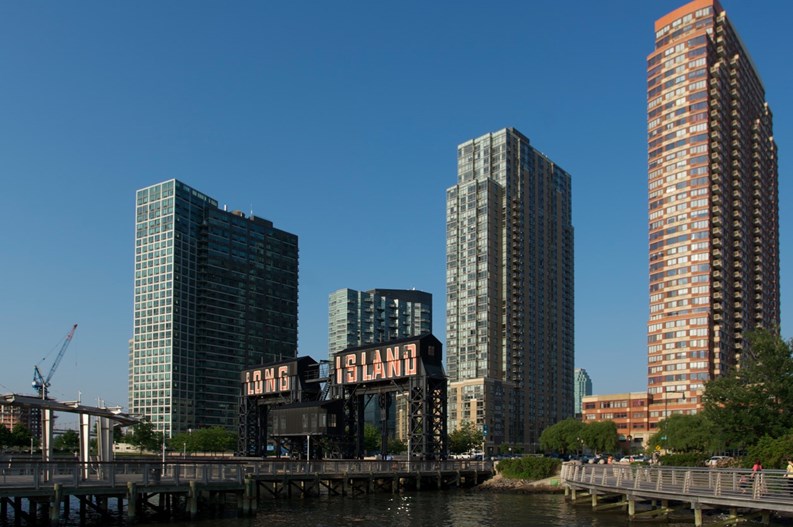

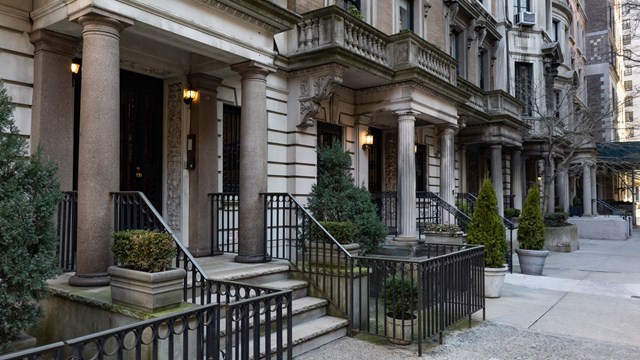
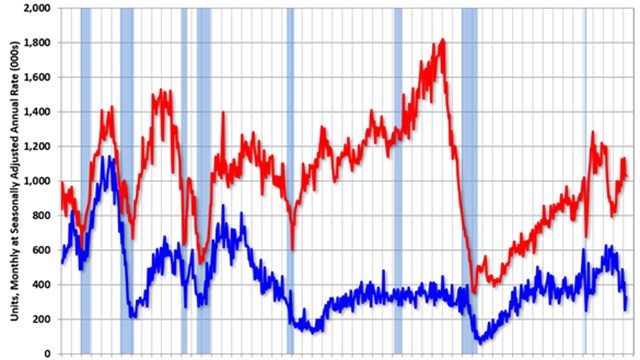
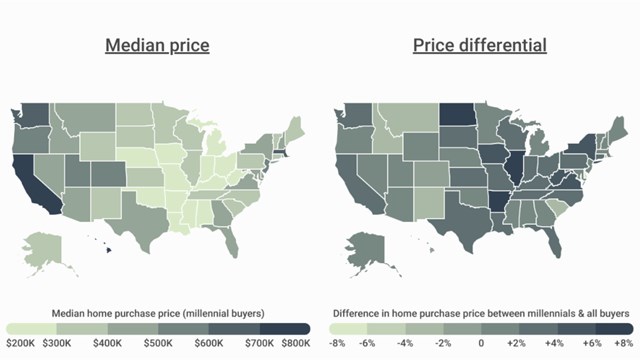

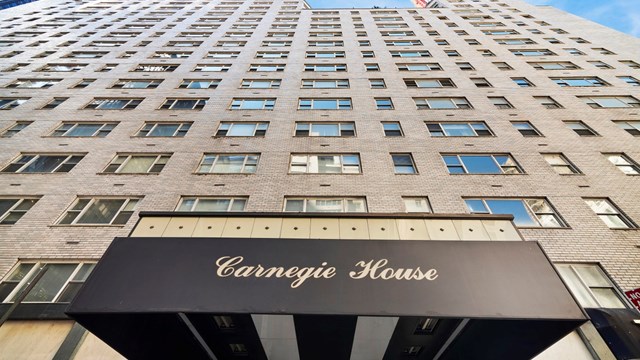
Leave a Comment